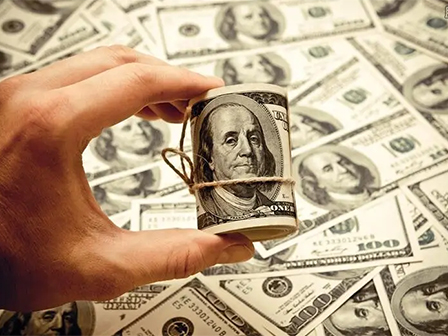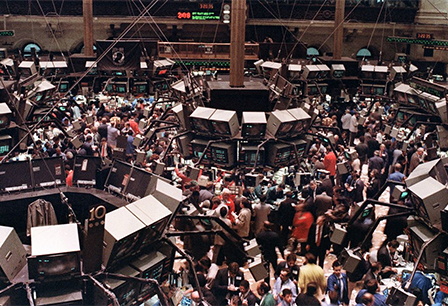The head of one of the world’s biggest hedge funds says artificial intelligence systems are unlikely to replace traders anytime soon.
London-based Man Group, whose assets under management hit an all-time high of $178.2 billion during the first six months of the year, makes its money by charging investors management and performance fees.
That figure climbed by 54% between 2018 and 2023, even as the firm’s average number of employees rose by just 30% — thanks in part to its use of technology.
Robyn Grew, the first woman to lead the 241-year old hedge fund, told CNN in an interview earlier this month that she was excited about advancements in AI, noting that her investment managers have been using the technology “for certainly north of 10 years.”
But she was keen to play down the threat to jobs.
“I don’t think of AI as making investment decisions anytime soon,” Grew said. “I think that the skill of knowing the power of this technology is to know its limitations.”
The CEO, a lawyer who joined Man Group in 2010 and previously served at its president, likened AI to a tool used in surgery: “(Surgeons) have these extraordinary pieces of kit now which allow them to have better margins, better visibility and better precision.”
Still, she added, you “would not want me to perform neurosurgery upon you however brilliant the tool was. And it’s the same with technology…I can appreciate the skill and what that tool might provide you, but you still want it in the hands of skilled people.”
Publishing earnings Friday, Man Group cited robust growth in its credit business, which includes investments in assets such as private loans, corporate and government bonds. Its revenue from management and performance fees jumped nearly 45% to $733 million during the first half of 2024 compared with the same period last year.
Shares in the company, which is listed on the London Stock Exchange, jumped 3% on the news, but had pared some of those gains to trade up 1.6% by 8:05 a.m. ET.
In the interview with CNN, Grew said the era of rock-bottom interest rates that broadly defined the decade following the 2008 financial crisis had made way for a period of “volatility and dispersion” ushered in by the rise in inflation after the pandemic.
In other words, traders navigating a volatile market can expect to make a greater range of — and possibly bigger — returns across various assets than during more stable times.












